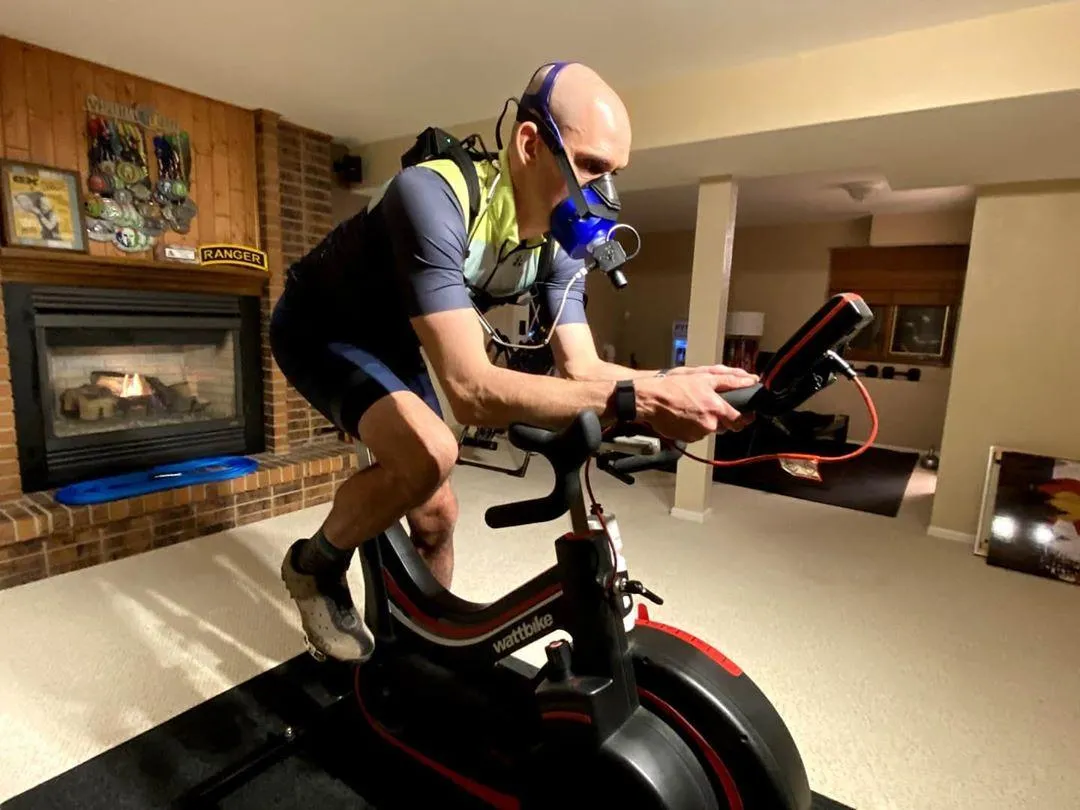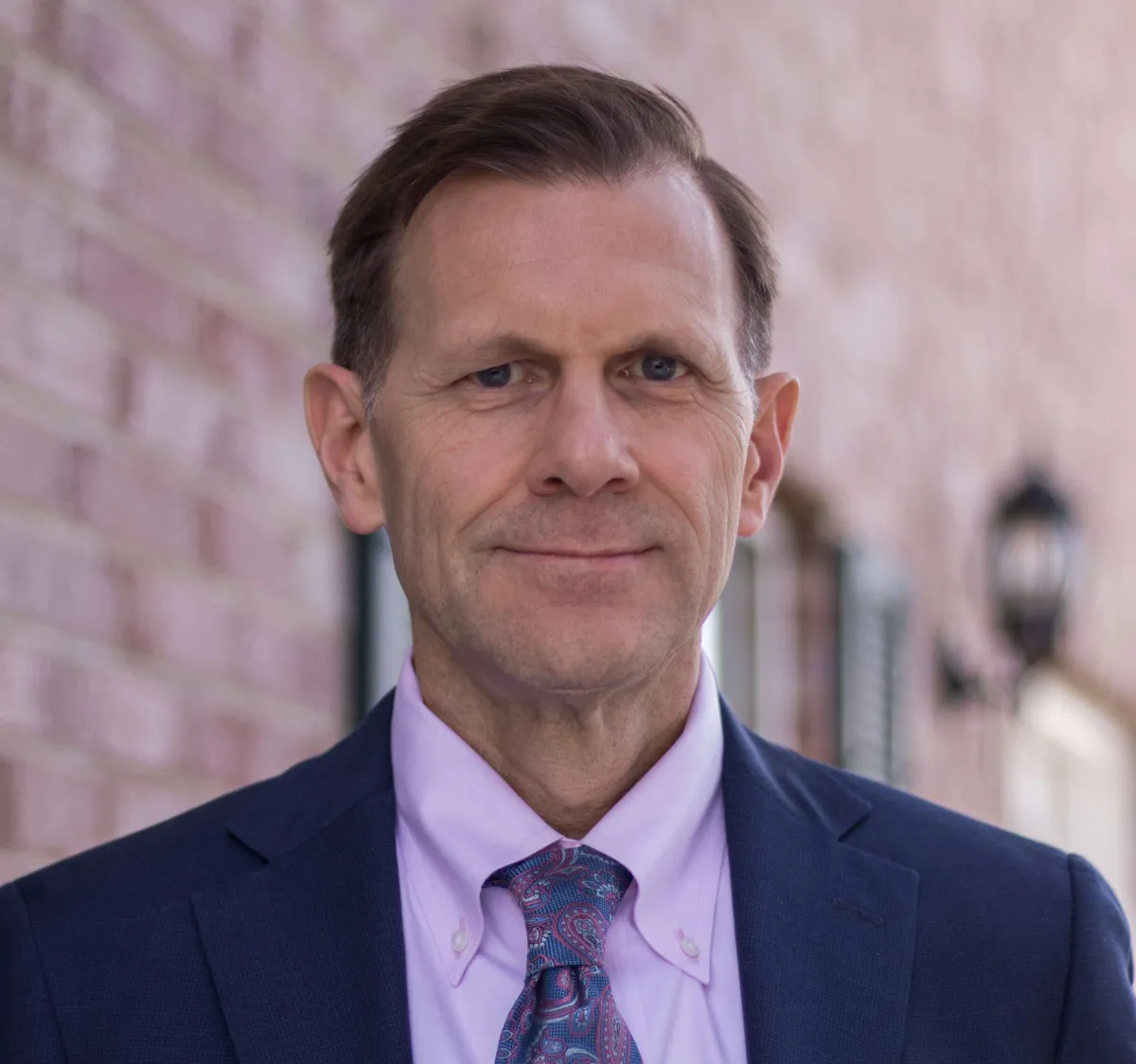Prestige Wellness Institute
blog

"I still wake up 27 [years old] every day"
Some years ago, Diana came to the office complaining of fatigue. “My last doctor just
said, ‘Well, Diana, you’re not getting any younger. You’re just going to have to live with
it.’” Fortunately, Diana wasn’t satisfied. There had to be something she could do. Turns
out there was a lot she could do, and she did.
In medical school, we are taught to diagnose and treat disease. Because fatigue isn’t a
disease, we are just not given the tools to help, unless a person’s fatigue is caused by a
disease. But Diana has learned that she doesn’t have to settle for getting older. Drs.
Peter Attia, David Sinclair, James LaValle, Rafael Gonzalez, Kim Bruno, Ron
Rothenberg, Kien Vuu, Gordan Lauc, Leonard Pastrana, Kristi Morlan-Hughes, Jin-
Xiong She, Jeffrey Gladden, Ron Klatz, Vincent Giampapa, Gail Humble, and Carlos
Jorge; biohackers like Dave Asprey and Ben Greenfield; and many others are
increasingly demonstrating that we don’t have to settle for the once-inevitable decline in
function as we age. In fact, at the annual world antiaging medicine conference last
month, Dr. Jeffrey Gladden went so far as to say, “I still wake up 27 every day.” As the
author of the 2023 best seller “100 is the new 30,” Dr. Gladden should know.
Scientists are increasingly discovering how we can live both longer and healthier.
Whereas most of Diana’s peers can expect to live to age 79—which is nearly 6 years
longer than their husbands can expect—they will spend an average of 9 of those years
in poor health. In other words, their health span—the time in which they enjoy good
health and function—is only 70 years. Diana has already beat the average, and of
course, so can you.
Ditching the fatigue is a good sign that you are on the right track. But how do you really
know what’s going on under the hood, so to speak? Advancements in laboratory
science are providing increasing numbers of tests—biomarkers—that measure your
“biological age.” We’ve all seen people in their 70s who look as if they are in their late
50s, and people in their 50s who look and act as if they were in their 80s. In both cases,
there is a mismatch between chronological age—the number of birthdays a person has
had—and biological age—how young the person’s cells are functioning.
But it turns out that one of the most useful and accurate tests of biological age isn’t new
at all. It’s called metabolic testing, and it has been in use by athletes, researchers,
NASA, and performance and longevity experts for decades. Metabolic testing provides
a wealth of information beyond simply telling whether you are physiologically younger or
older than your actual number of birthdays. For example, it tells you how well the diet
you are following is meeting your needs. It tells how many calories you are burning at
rest and during exercise. No more guessing. It tells if you are likely to gain weight back
after stopping one of the weight loss peptides. Metabolic testing tells how quickly your
cells switch from burning fat to burning glucose when you exercise. If you want to be
healthy, and especially if you want to lose weight, you want your cells to postpone that
switch as long as possible.
But when it comes to longevity, the most important single piece of information metabolic
testing gives you is your VO2 max. This is a measure of how much oxygen all the cells
in your body can utilize to make the energy that keeps you going. VO2 max is the single
best predictor of how long you can expect to live – healthfully. Quite bluntly, the lower
your VO2 max, the sooner you die. At a VO2 max of 55 ml/kg/minute, you can jog 10
miles per hour on flat ground. Once your VO2 max drops below 18, chances are good
you will no longer be able to live independently.
The good news is that, no matter what your VO2 max is today, you can make it better.
In other words, like Diana, you can extend both your lifespan and improve your quality
of life and health span. At Prestige Wellness Institute, you have access to a number of
tools that can help you increase your VO2 max. Your plan is customized to your needs,
current circumstances, and personal preferences. It doesn’t matter whether you are a
couch potato with arthritis or an elite athlete. You can always make one or more
changes to boost your health and fitness. Then you can repeat your metabolic testing in
3 to 6 months to see if you are getting measurably younger and healthier. As
sophisticated as this test is, it won’t break your bank, either: You may very well be
spending far more on your morning brew then you will on this life-saving test.
Do you lack energy? Let’s find out why and fix it. Does your body seem to fight your
best efforts to lose weight? Don’t be surprised: Working out more and eating less is
usually not the answer, no matter how many doctors have innocently but misguidedly
repeated it. Do you have chronic pain? You deserve relief. Can’t seem to find the
motivation to do more than the bare minimum to survive? There are reasons for this.
The next time someone tells you that you’re not getting any younger, you can find out
why and what to do about it. Then start getting younger!
While you are thinking about those dreaded New Year’s resolutions, ask yourself the
following question: Are you going to get older this year, or younger? Which one do you
deserve? At Prestige Wellness Institute, we believe everyone deserves to get younger,
to live longer, and to enjoy life to the fullest until the day they die, in their sleep. If you
agree, call 435-259–4466 (Moab) or 435-210-0184 (Springville) to schedule your first
test right away.

Ray Andrew, MD
Dr. Ray Andrew is a board-certified doctor of medicine. After obtaining is Honors Bachelor of Arts in English Literature from the University of Utah, he attended Saint Louis University School of Medicine and obtained his doctorate in Medicine (M.D.). He then completed residency training at the University of Missouri at Kansas City. He has been practicing medicine since 2002. Dr. Andrew specializes in Functional, Metabolic, and Anti-Aging Medicine with offices in Moab and Springville, Utah.
LET US ANSWER YOUR QUESTIONS
We look forward to meeting you.
We'd love to hear from you! Please send us a message using the form below, request an appointment using our convenient appointment request form or call us today at (435) 210-0184.
Copyright © 2026 Prestige Wellness Institute. UT. All rights Reserved.
Disclaimer
The information on this website is not intended to replace your physician and is not intended as medical advice. It is intended for educational purposes. Dr. Andrew and Prestige Wellness Institute encourages you to make your own health care decisions based upon your research and talk to your health care provider before making lifestyle changes.


